The 2015 deal, more formally known as the Joint Comprehensive Plan of Action (JCPOA), was signed by the five permanent members of the UN Security Council — the US, the UK, China, Russia, and France — plus Germany and the EU.
French President Emmanuel Macron recently said that Saudi Arabia should be involved in any new negotiations with Iran about the 2015 nuclear deal claiming that excluding regional states from nuclear talks that culminated in the JCPOA, with Iran in 2015 was a big mistake.
Macron who acts as Riyadh's French spokesperson these days called for incorporating Iran’s missiles, Saudi Arabia as well as Israel's regime into the talks with Tehran to revive the JCPOA.
In reaction, Iran has said that it considers the JCPOA a finished affair that must not be reopened or subject to new negotiations.
On the other hand, in an interview with CBS, US President Joe Biden said that the United States will not lift sanctions against Iran as a means to resuming negotiations, and Tehran needs to stop its uranium enrichment activities first.
The remarks are a repetition of similar claims made earlier by the White House spokesperson Jen Psaki, claiming that the ball is in Iran's court.
All these remarks came while the former US President Donald Trump withdraw the US from the deal and reimposed sweeping economic sanctions against the Islamic Republic of Iran.

After the illegitimate US exit from the JCPOA in May 2018, the three European signatories to the deal remained indifferent to making up for Iran’s losses.
Amid the Europeans’ lack of action, Iran took five steps to reduce its commitments to the deal while vowing that it will reverse the course as soon as the other parties live up to their commitments under the accord.
Recently, the Iranian parliament passed a bill, dubbed the Strategic Action Plan to Counter Sanctions in early last December, setting a Feb. 21 deadline for Biden to lift the US sanctions. Otherwise, Iran will halt inspections of its nuclear sites by the International Atomic Energy Agency (IAEA) and further boost uranium enrichment.
Iran has so far resumed 20% uranium enrichment at Fordow plant in accordance with the Parliament’s legislation and has warned that in the case Washington does not remove all the anti-Iran illegitimate sanctions, it will also stop voluntary implementation of the Additional Protocol, which gives IAEA inspectors unannounced visits to Iranian facilities.
Meanwhile, Leader of the Islamic Revolution Ayatollah Seyyed Ali Khamenei highlighted that Iran will not return to its commitments unless the US lifts all sanctions and Tehran verifies Washington's measures.
To know more about the issue, we reached out to Shireen Tahmaasb Hunter, Professor of Political Science at Georgetown University in the US.

The French president wants Saudi Arabia to enter the possible nuclear talks among parties to JCPOA, while other European parties have announced this request is not theirs. Why has Macrone raised such a request?
I believe that President Macron wanted to curry favor with the Saudis in the hope of getting lucrative contracts. Otherwise, his statement makes no sense, since involving Iran's rivals in such talks would mean the failure of any negotiation even before it starts.
As Iran has strongly rejected France's president’s request, what can be the negative impact of such an unreasonable request on possible future nuclear talks with Iran? Is such a request constructive and can help the sides to reach an agreement?
Clearly, if other parties to the JCPOA make similar demands, the result would be a stalemate and the future of JCPOA would be in danger.

US administration claims that the ball is in Iran’s court and sets conditions for its return to the JCPOA, while the US has left the JCPOA illegally and unilaterally and Iran has been committed to its commitments despite being deprived of the JCPOA benefits due to the US and E3 failure to fulfill their commitments. Is the Biden administration’s request reasonable? What do you think of this?
A reasonable way to revitalize the JCPOA is for both sides simultaneously to perform their obligations: The US should return to JCPOA while Iran reverses increases in the level ist enrichment.
Some in the US and Europe insist to include Iran’s conventional missile program in possible future nuclear talks, while Iran rejects this request strongly. How constructive is such a request? What can be the consequences of such a request on the outcome of the potential future talks to review JCPOA?
Iran is unlikely to agree to such demands. These issues should be addressed in the context of broader discussions of overall arms buildup in the Persian Gulf.
Interview by Zahra Mirzafarjouyan


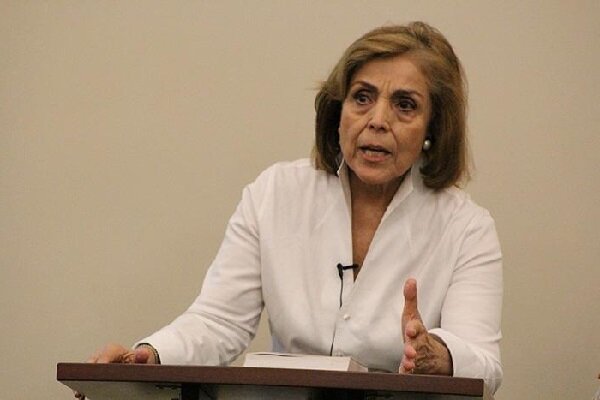

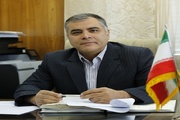
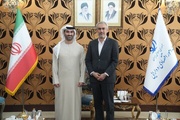
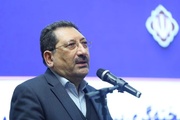
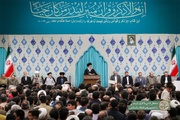
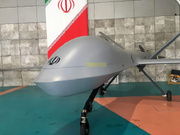

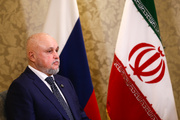
















Your Comment